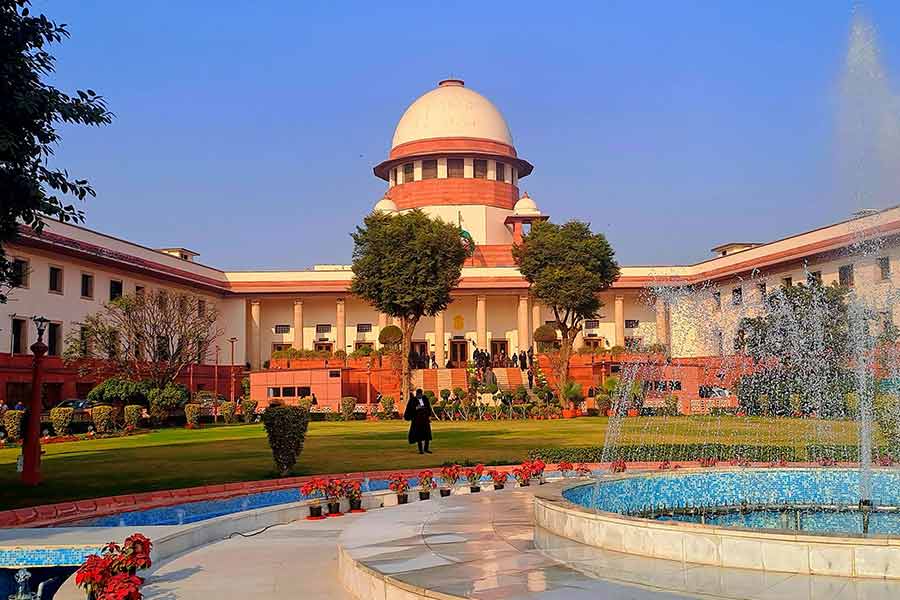The 2013 law against workplace sexual harassment does not apply to political parties as they are not deemed employers under its provisions, the Supreme Court ruled on Monday.
The Sexual Harassment of Women at Workplaces (Prevention, Prohibition and Redressal) Act, 2013, popularly known as the Posh Act, mandates the establishment of internal complaints committees (ICCs) at all workplaces, private or public.
A bench headed by Chief Justice B.R. Gavai orally cautioned that applying the Act to political parties might open a “Pandora’s box” and lead to “blackmail”. It did not elaborate.
“How do you fit political parties in(to) (the idea of) a ‘workplace’? When a member enters a political party, it is not a case of (securing) a job. This will otherwise open a Pandora’s box to blackmail the members,” the bench, which included Justice K. Vinod Chandran and Justice Atul S. Chandurkar, observed orally.
It declined to entertain an appeal moved by advocate M.G. Yogamaya challenging a Kerala High Court order of 2022, which had declined to entertain a public
interest plea that sought a direction to political parties to implement the 2013 Act’s
provisions.
Senior advocate Shobha Gupta, appearing for the petitioner, argued that the high court had erroneously decided that those joining political parties were not employees, and that the political parties could not be considered employers.
However, the apex court found no substance in the argument.
“Sorry, sorry... how can such a party be included here?” the bench observed while dismissing the appeal.
The petitioner had earlier filed another plea seeking the inclusion of political parties within the ambit of the Act. However, the top court had at the time asked her to withdraw the petition and, instead, file an appeal against the high court judgment that it said it would examine.
The 2013 Act was an outcome of the Supreme Court’s historic ruling in Visakha vs State of Rajasthan, 1997, that mandated the formation of ICCs against sexual harassment at all private and public workplaces.
The apex court had at the time ruled that its directions would remain in force until Parliament, on its own, enacted legislation to deal with sexual harassment at the workplace.
After the top court reaffirmed the Visakha judgment in M.K. Lele vs Union of India in 2013, Parliament enacted the Posh Act the
same year.
Separately on Monday, the Supreme Court agreed to examine a plea for the implementation of the
Posh Act for women lawyers enrolled with the State
Bar Councils or the Bar Associations.










